How Home Solar Systems Work
Understanding the basics of how home solar systems operate can help homeowners make informed decisions. Here's a brief overview:
An Off-Grid/Hybrid Solar System is a type of solar power system that is capable of operating independently of the traditional electrical grid. This system can provide power to a home or other building using solar energy, and it often includes a battery storage system to store excess power for use when the sun isn’t shining.
Features:
Energy Independence: An off-grid/hybrid solar system allows for complete energy independence, as it does not rely on the traditional electrical grid.
Solar Power: This system harnesses energy from the sun, making it a renewable and environmentally friendly source of power.
Battery Storage: Most off-grid/hybrid solar systems include a battery storage system, which stores excess power for use during nighttime or cloudy days.
Durable and Weatherproof: These systems are designed to withstand harsh weather conditions, including heavy rain, wind, and extreme temperatures.
Cost-Efficient: While the initial setup cost can be high, an off-grid/hybrid solar system can save money in the long run by reducing or eliminating electricity bills.
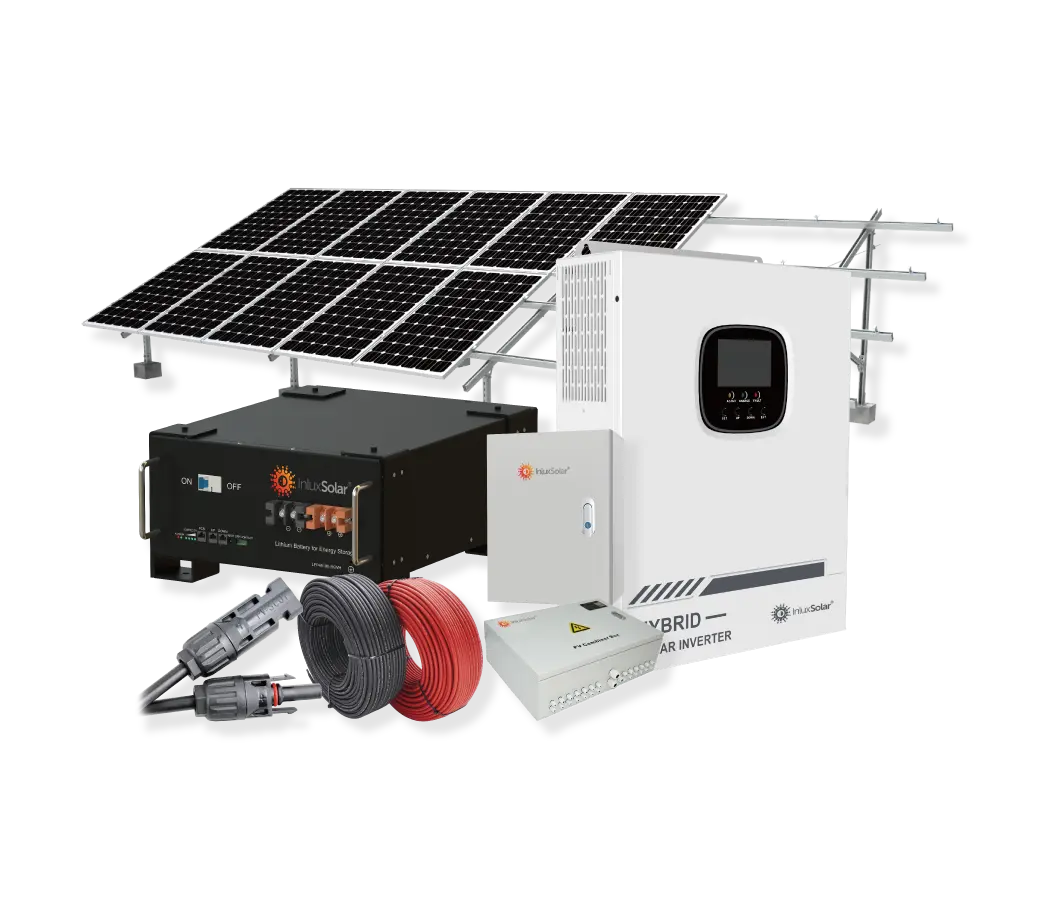
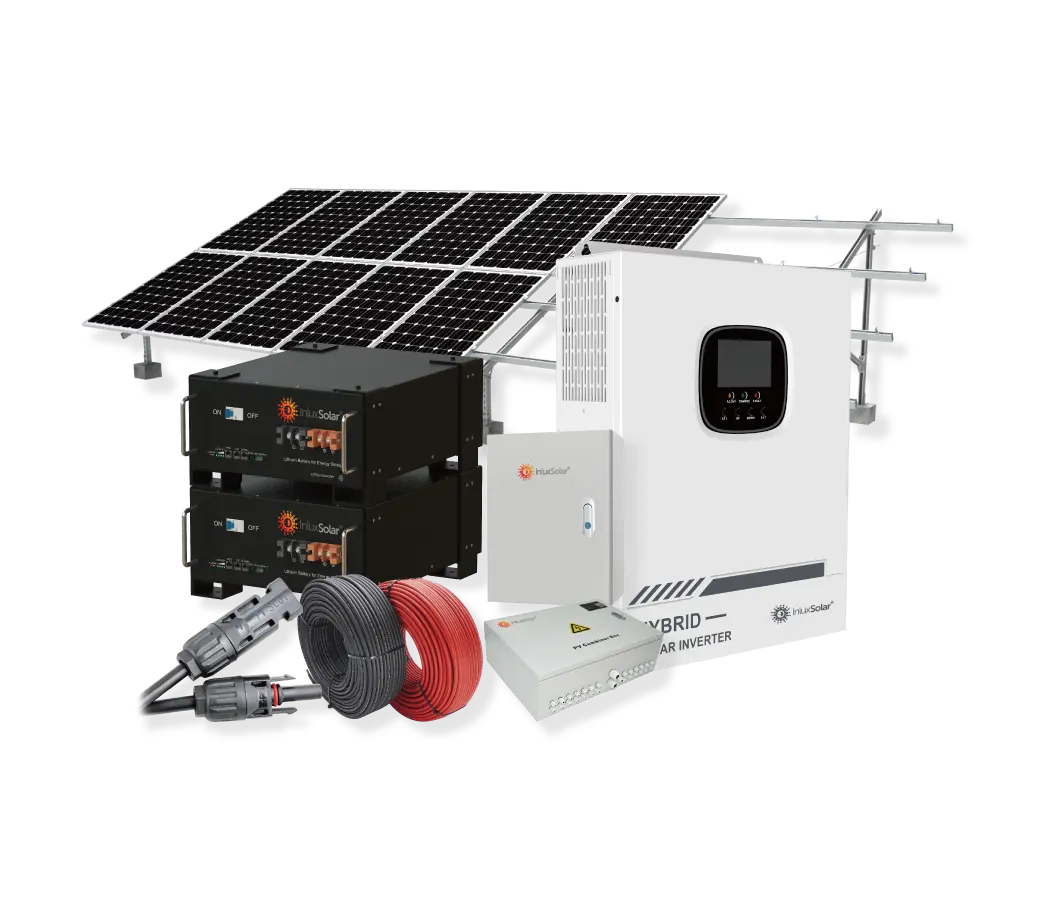
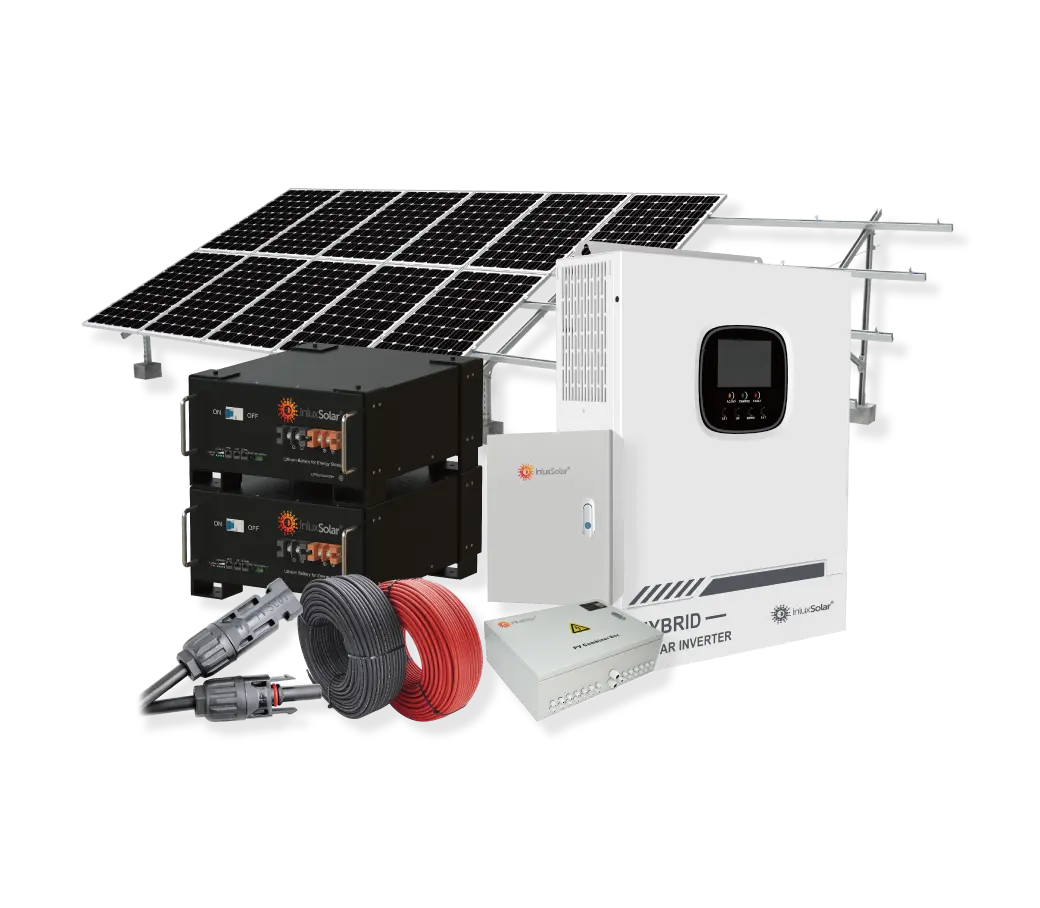
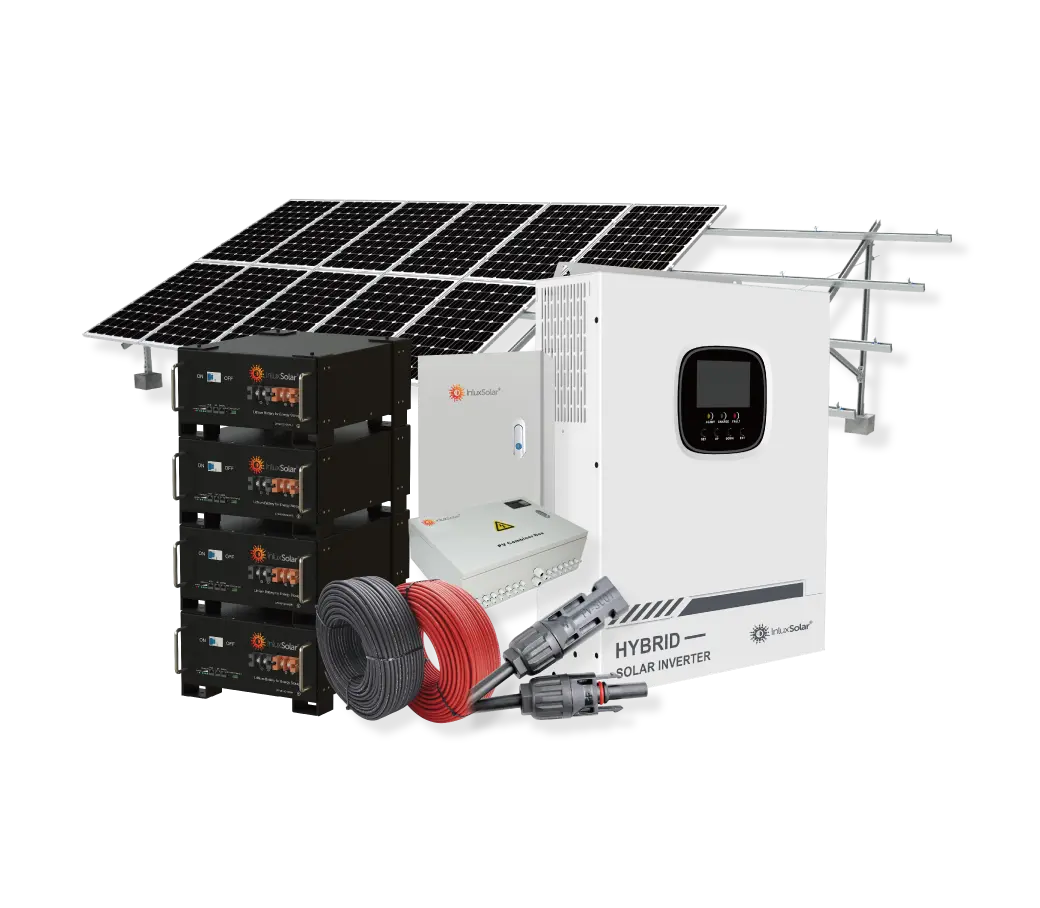
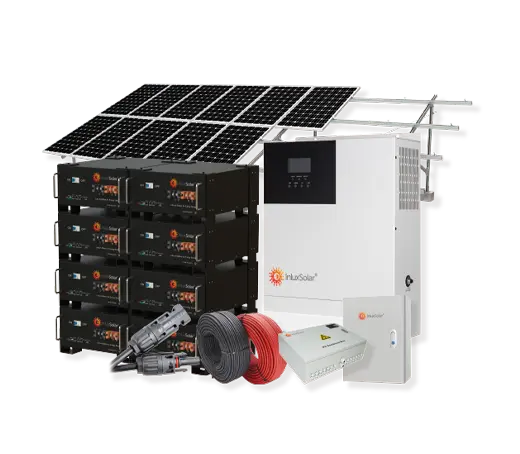
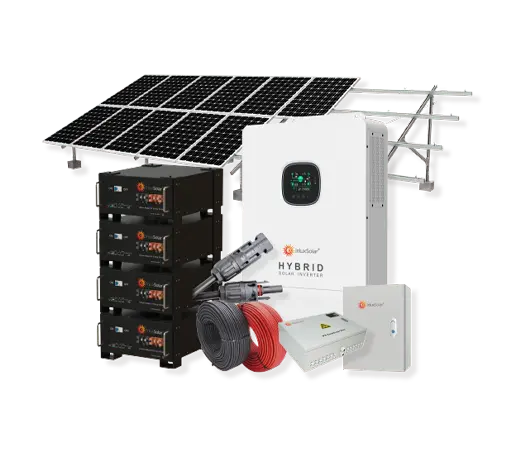
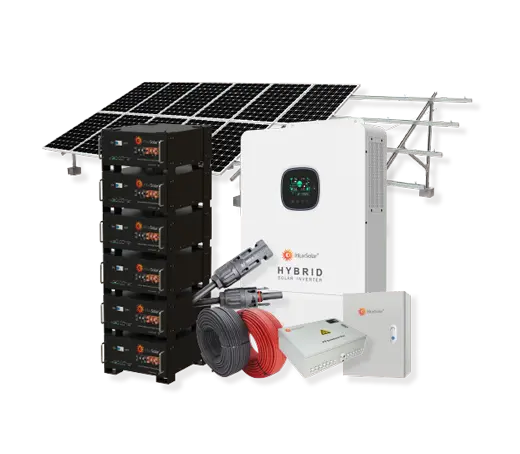
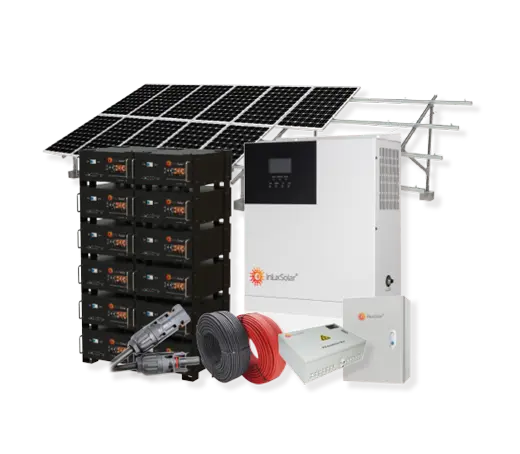
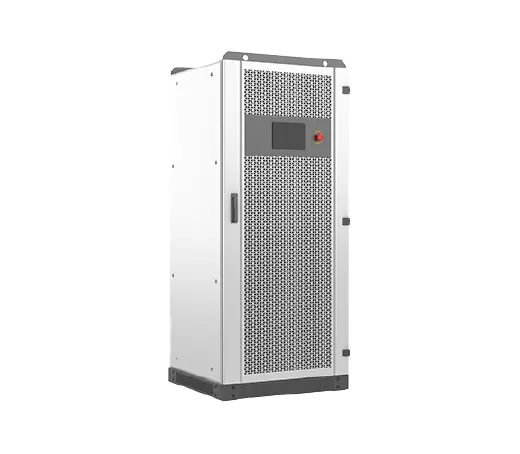
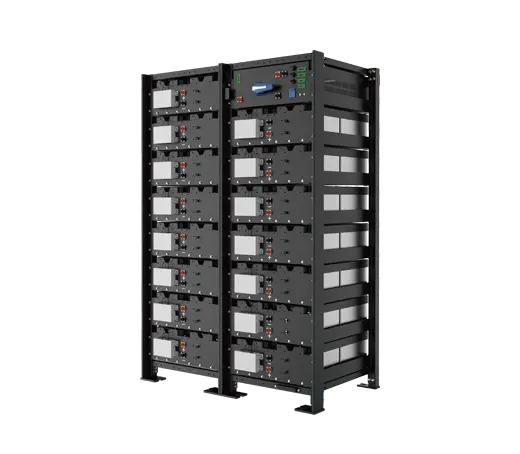
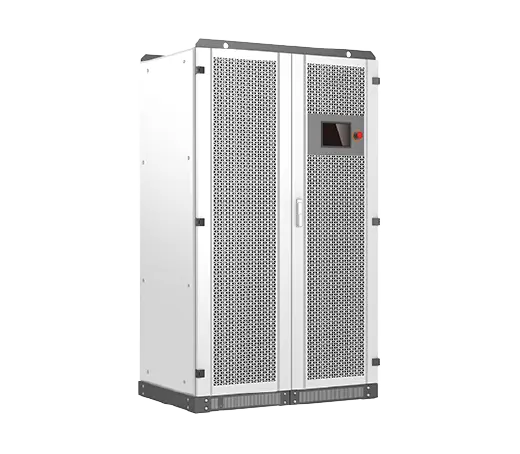
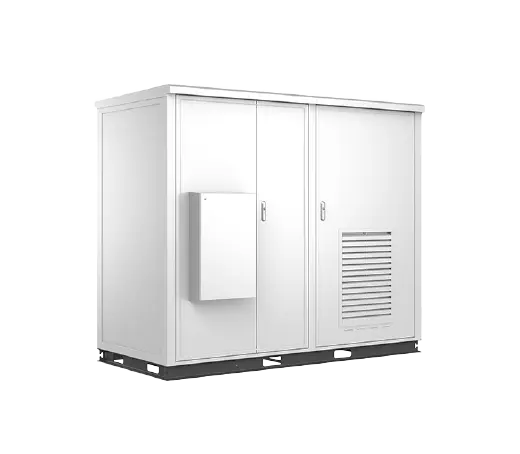
Investing in a home solar system is a smart choice for homeowners looking to reduce their environmental footprint and energy costs. Here are some key advantages:
Savings on Energy Bills: A home solar system generates electricity from sunlight, reducing your reliance on grid power and subsequently lowering your monthly energy bills.
Environmental Benefits: Solar panels produce clean, renewable energy, reducing greenhouse gas emissions and helping combat climate change.
Energy Independence: With solar panels, you become less dependent on utility companies and enjoy a more reliable source of electricity, especially during power outages.
Financial Incentives: Many governments offer incentives such as tax credits and rebates to encourage solar adoption, making it more affordable for homeowners.
Increase in Property Value: Homes with solar systems are often more attractive to buyers, potentially increasing your property's resale value.
Understanding the basics of how home solar systems operate can help homeowners make informed decisions. Here's a brief overview:
Photovoltaic (PV) panels capture sunlight and convert it into direct current (DC) electricity.
The inverter converts DC electricity into alternating current (AC), which is used in your home.
Excess electricity generated by your solar panels can be fed back into the grid, earning you credits or reducing your energy bill.
Some homeowners opt for battery storage to store excess energy for use during the night or during power outages.
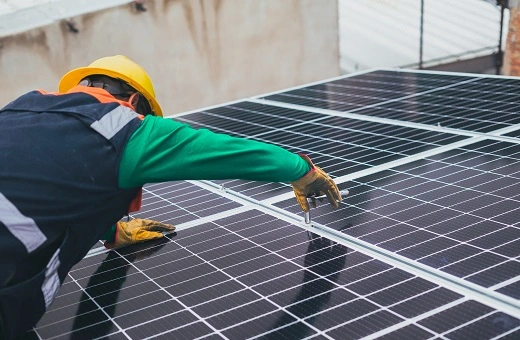
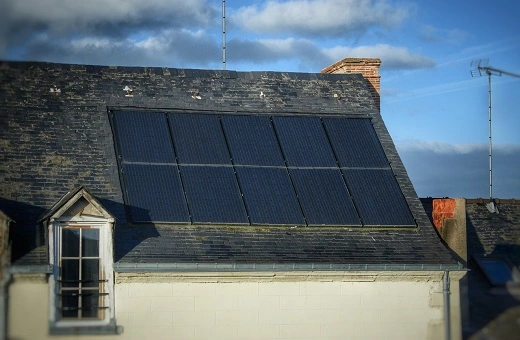

Selecting the best home solar system for your needs involves several considerations:
System Size: Determine your energy consumption and choose a system size that can cover most or all of your electricity needs.
Panel Efficiency: Higher-efficiency panels produce more electricity in limited space, which can be valuable for small rooftops.
Budget: Consider your budget, available incentives, and financing options when deciding on your solar system.
Roof Suitability: Assess the condition and orientation of your roof to ensure it can support solar panels and receive optimal sunlight.
Warranty: Review the warranty coverage for your solar panels and inverter to protect your investment.
Maintenance: Understand the maintenance requirements and costs associated with your chosen solar system.
By carefully considering these factors, homeowners can make an informed decision when installing a home solar system that meets their energy needs and financial goals.
Our experienced professional sales engineers wil assist you with solar street light price quotations and technical proposals according to your specific project requirements.